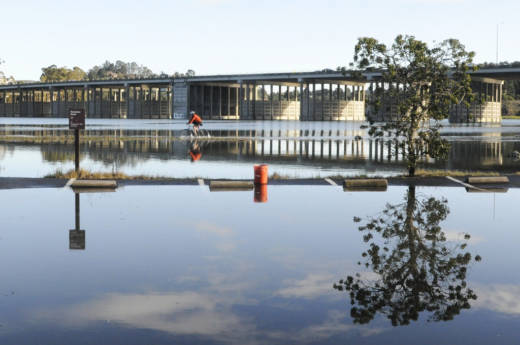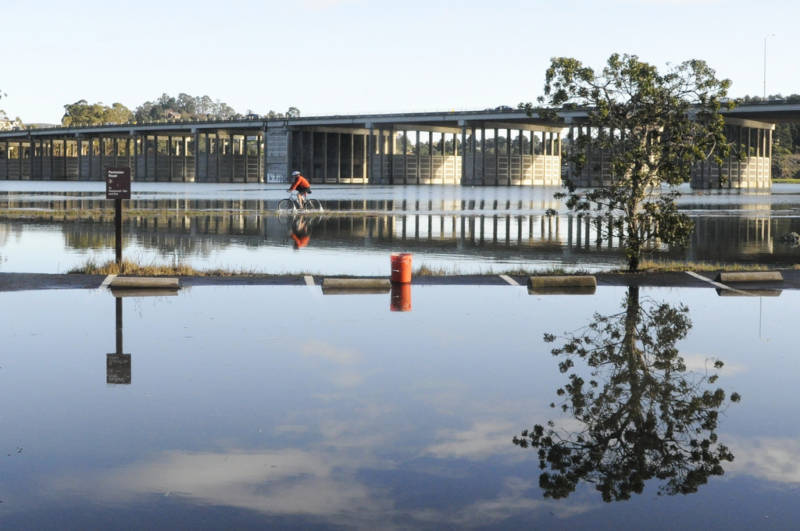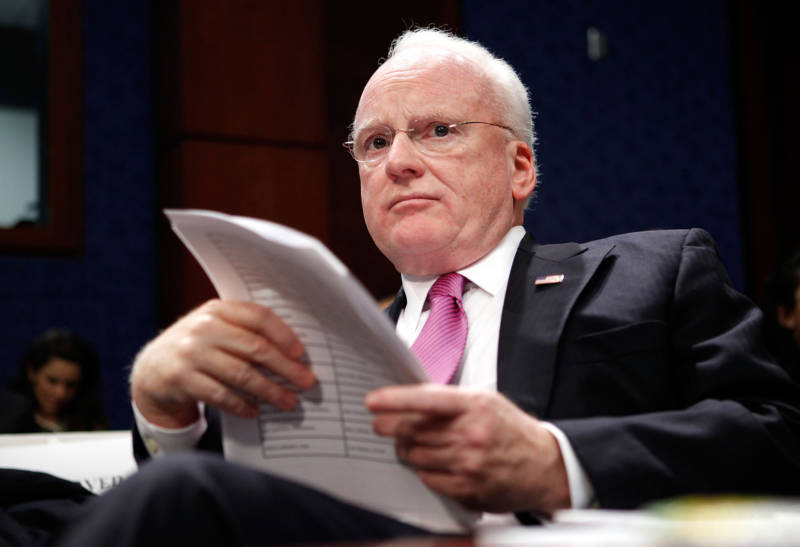Charges of Russian meddling in the 2016 election, cybersecurity and terrorism are topics that have recently dominated the national security conversation.
But according to Richard Clarke, it’s climate change that poses an imminent threat to our nation’s shores.
Clarke is the former U.S. national security adviser who gained notoriety after criticizing the George W. Bush administration for the war in Iraq, saying Bush is guilty of war crimes.
He was in San Francisco last week for the 2017 RSA Conference — the world’s leading conference on cybersecurity — but he had rising seas on his mind.


